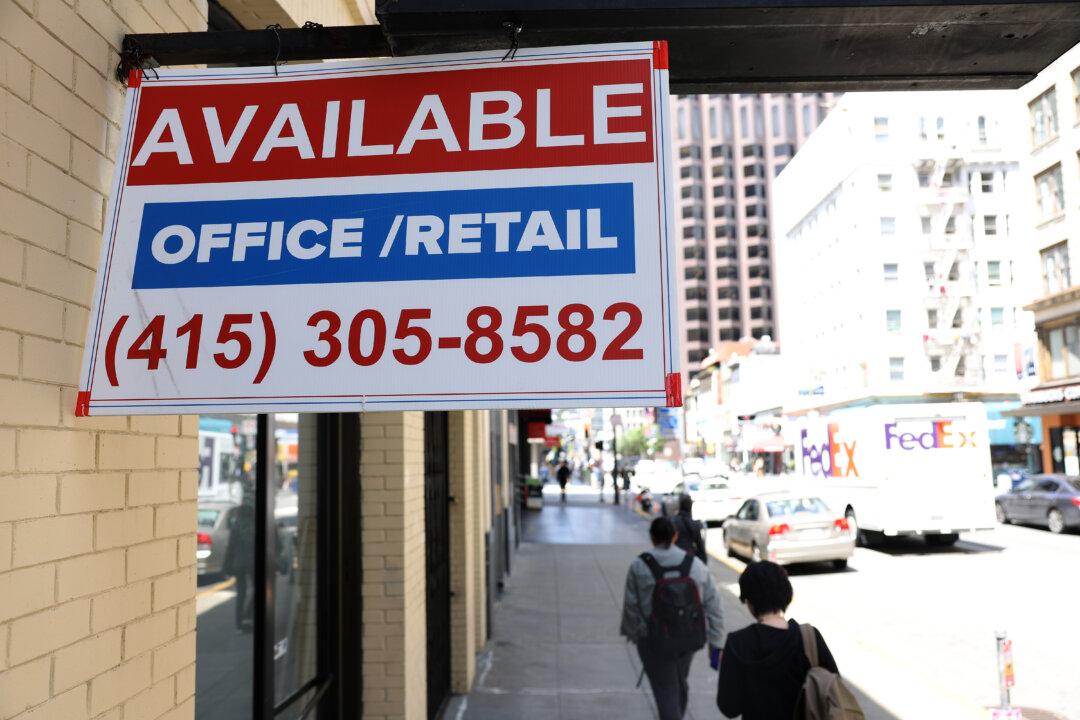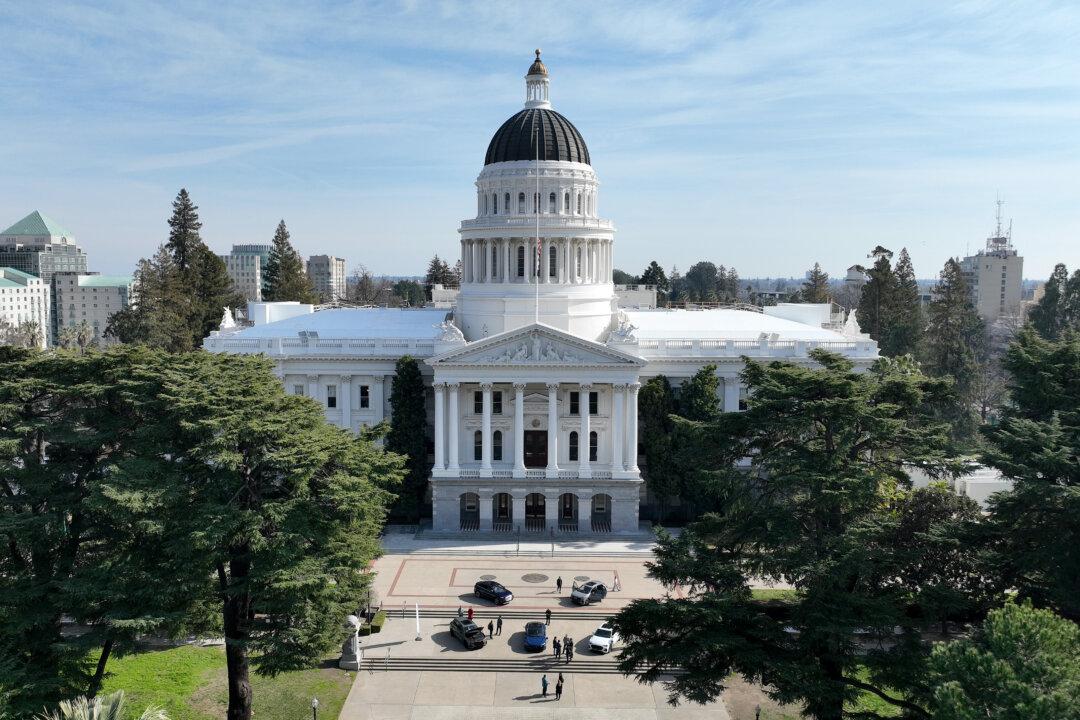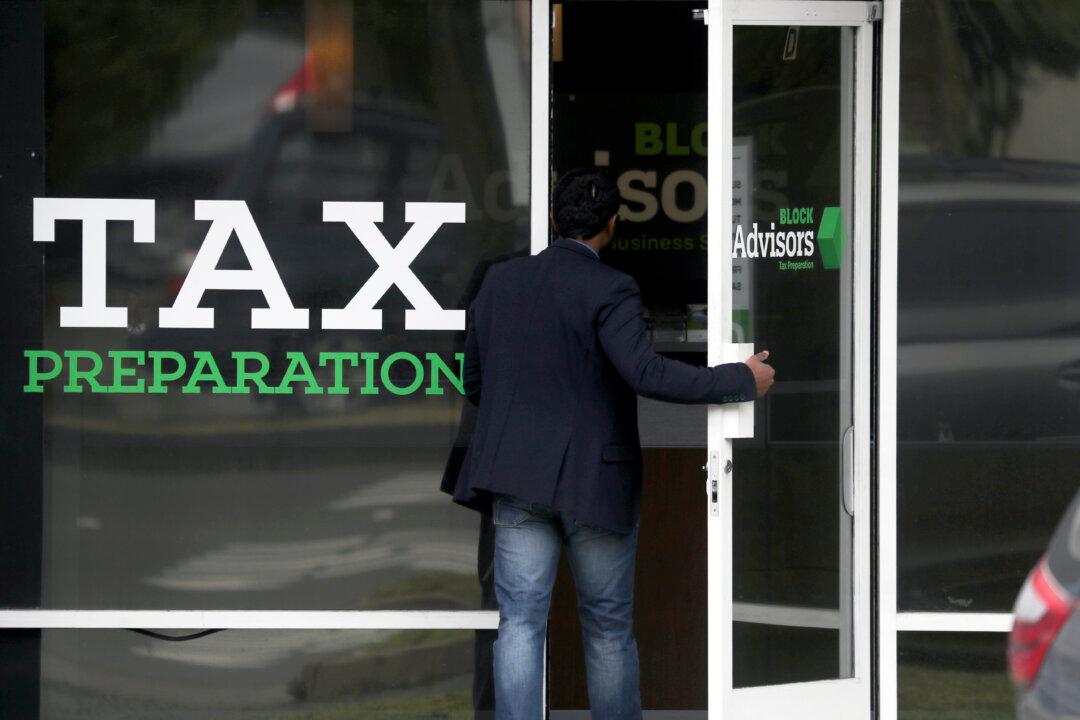A bill that originally sought to tax landlords for vacant storefronts in California passed its first hearing within the state’s Senate Committee on Revenue and Tax on April 23, following a complete rewrite of the proposal earlier in the week.
Senate Bill 789, authored by state Sen. Caroline Menjivar, cleared its first committee in a 3–1 vote, with one senator abstaining. It would now require people who own commercial property to submit “an information return each year” that would include information on whether “any buildings or portions of buildings were vacant in the previous calendar year.”





